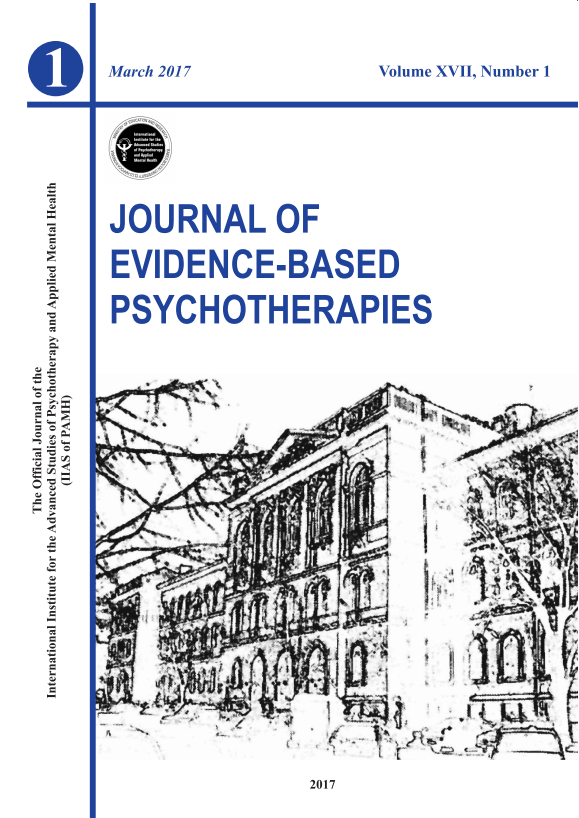andrei.hopulele@gmail.com
A. Hopulele-Petri1,2*, S.A. Matu3, O. Capatina4, M. Manea5
1 Department of Psychiatry and Psychology, Faculty of Dental Medicine, “Carol Davila” University of Medicine and Pharmacy, Bucharest, Romania
2 “Constantin Papilian” Emergency Military Hospital, Cluj-Napoca, Romania
3 Department of Clinical Psychology and Psychotherapy, Babeș-Bolyai University
4 Department of Psychiatry, Faculty of Medicine, “Iuliu Hatieganu” University of Medicine and Pharmacy, Cluj-Napoca, Romania
5 “Prof. Dr. Alexandru Obregia” Clinical Hospital of Psychiatry, Bucharest, Romania
Abstract
During the spring of 2020, Romania entered its first lockdown in response to the growing Covid-19 pandemic. The pandemic’s impact on mental health was thus superimposed on an already epidemic risk of loneliness in developed countries. The purpose of this article was thus to measure the impact of perceived social isolation during the national lockdown on emotional distress among the general population, while also considering potential risk or buffering factors like social media usage, and romantic relationships. Featuring a cross-sectional design, data was collected from 180 participants, aged 20 – 60 years using an online questionnaire which included the DASS-21 scale, the UCLA Loneliness Scale and the Intimate Relationships Scale. Our results indicated that loneliness significantly predicted depressive, anxious and stress symptoms even when correcting for gender and age. Distancing measures had no significant effect on couples, though differences in depression and loneliness were found between those with no partner, and those who described minimal impact of social distancing measures. Number of social media sites used predicted greater depressive and anxious symptoms, even when correcting for age and gender, whereas partner intimacy presented as a protective factor for loneliness. Given the many public, individual and dyadic factors involved in mental health during a pandemic, the implications for further studies are discussed.
Keywords: Loneliness; Covid-19; Mental health; Social Network Sites; Intimacy.
Please cite this article as: Hopulele-Petri , A., Matu, S. A., Capatina, O., Manea, M. (2024). LONELINESS AND MENTAL HEALTH DURING THE FIRST COVID-19 LOCKDOWN IN ROMANIA. Journal of Evidence-Based Psychotherapies, 24(2), 155-176.
DOI: 10.24193/jebp.2024.2.16
Published online: 2024/09/01
Published print: 2024/09/01
